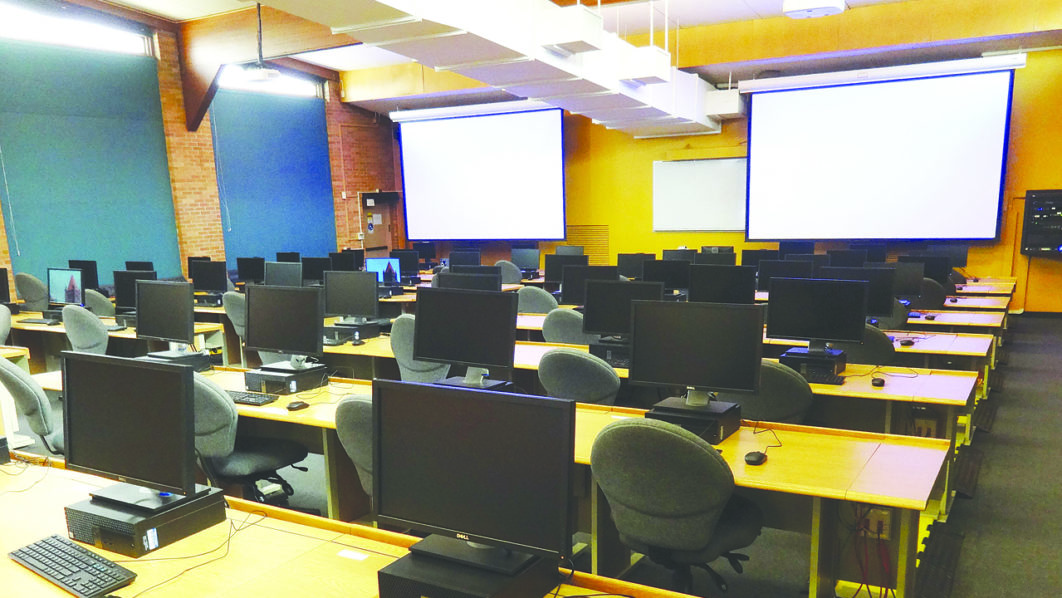
From America to Europe, Asia to Africa, in the last two decades, explosive worldwide growth in mobile service penetration, coupled with the increasing availability of Internet access, has significantly extended opportunities to access information, communicate, collaborate, improve economic and social circumstances.
Beneficiaries include a growing number of individuals and communities in developing countries previously unable to communicate effectively in the absence of key infrastructure and a lack of affordable services.
It is in this regard that the Nigerian Communications Commission (NCC), in line with global best practices, deemed it fit to scale up the capacity of Nigerians. The initiative is to build digital skills and provide jobs for the teeming Nigerian youths, promote innovation, and by so doing facilitating the delivery of the Federal Government’s digital economy agenda.
While the commission has continued to play a strategic role in the digital transformation of the Nigerian economy, most especially in the area of ICT infrastructure and digital skill development, it is stepping up such commitments through the building of ICT parks across the country’s six geo-political zones.
An ICT park comprises an area or location with a concentration of all ICT facilities which enables a concerted leap into the digital age by creating a dynamic environment in which local talent is incubated, cultivated, and shared. ICT parks are best tested and trusted institutional mechanisms to address the needs of technology-intensive, knowledge-based Small and Medium Enterprises (SMEs) globally.
Essentially, the NCC said the four main objectives of establishing the ICT Parks are to provide Innovation Labs and Digital Fabrication Laboratories (Fablabs) for use by innovators and entrepreneurs to turn their ideas into products and prototypes; provide a Commercial Hub for ICT capacity building and digital skills; create employment and entrepreneurial activities; facilitate smart city deployment across the Digital Industrial complex.
An initiative of the Executive Vice Chairman of NCC, Prof. Garba Danbatta, the NCC’s ICT Parks project involves the construction and equipping of fully-functional Tier-4 Digital Industrial Complex (DIC) in each of the country’s region.
The project concept is designed to support Federal Government ICT – related policies by facilitating the availability and accessibility of technology services across the country and to promote their usage in all sectors.
The ICT Park consists of laboratories for innovations and commercial hubs providing capacity building to tech startups and entrepreneurial activities. The Parks are designed to have fast Internet service (broadband) and constant power supply.
Project’s National spread
Shedding more light on the ICT Park project, Danbatta, who recently visited one of the parks being built in Maiduguri, North-East geo-political zone, said, the NCC decided to embark on the important project “which will see ICT parks decentralised in all the six geo-political zones of the country.”
Danbatta, however, stated that the commission is starting with four zones at the moment. These include the ones located in Abeokuta for the South-West; Enugu for South East, Maiduguri for North-East and Kano for the North West.
The projects, he said, are being implemented with a view to building capacity, exposing Nigerian teeming youths to capacity building initiatives in the areas of skills acquisition and innovation.
“The whole idea of putting these two things (i.e. skill acquisition and innovation) at the forefront of this very important initiative is to produce youths that can be self-reliant, that can generate employment for themselves and for other Nigerians.”
Danbatta said the project, which is consistent with global best practices, has targeted areas of in each of the zones with a large concentration of youths.
He promised that, because of its design to have a national spread, the commission would ensure that no part of the country is be left out of the initiative but added every corner of Nigeria will see the initiative taking up, of course, at different times.
Targets from Parks
Speaking on the expected tech fruits from the ICT Parks, Danbatta said: “As I said, we have four ICT parks, which are at different stages of development. Going forward, we hope to see software development, incubation, including, even, hardware development. Above all, through NCC ICT Parks, we hope to see innovative technologies that will leverage the broadband network the NCC is trying to deploy in order to socially and economically transform our communities and societies.”
Boost for the digital economy
According to the NCC boss, as the commission deepens broadband access beyond its current 38 per cent towards achieving the 70 per cent penetration set for 2025 by the Federal Government, the commission, through the ICT Park, will build a pool of digital skills and literacy in line with the country’s National Digital Economy Policy and Strategy, unveiled by President Muhammadu Buhari in 2019.
“As you may be aware, one of the eight pillars of the NDEPS is Digital Skills and Literacy and in this regard, NCC is supporting this critical pillar of the digital economy agenda. This is because, when we provide resilient broadband infrastructure platforms, there is a need for us to encourage local technology products and applications that will ride on the infrastructure toward developing the country’s overall socio-economic ecosystem in a sustainable way,” he said.
Youths’ empowerments
Danbatta further explained the huge opportunities which the ICT Parks will bring to would-be beneficiaries of the project among the Nigerian youths.
“I would like to send out a very important message to our youths, especially those who are currently occupied with various innovative applications, those who have even acquired the skills and are looking for where to put these skills to bring the skills to fruition by, maybe, incubating them, by commercialising them, by giving publicity to these excellent initiatives, that there is going to be a centre in the ICT Parks.
“These centres would be used to showcase their innovations to the global community and very soon, there is light at the end of the tunnel, these various initiatives by the youths in areas of apps, various software products developed and other initiatives, will see t light of day.
“This is because, as I said, we are going to have a centre where we are going to be able to showcase this, not only to potential investors in this country but also to the international audience, who definitely will be interested in some of these important applications that, we hope, we can come up with,” he said.
Stakeholders’ views
Chairman, SmartCity Plc, Ademola Aladekomo, said Nigeria truly needed technology parks with full facilities where people could work, live and play, with lots of technology incubators and accelerators that are relevant to the people.
Former Executive Vice Chairman, NCC, Dr. Ernest Ndukwe, said Nigeria needed such ICT parks to align with the global fourth industrial revolution, but, however, stressed the need for consistency in government policies that will drive national projects that will benefit the masses.






